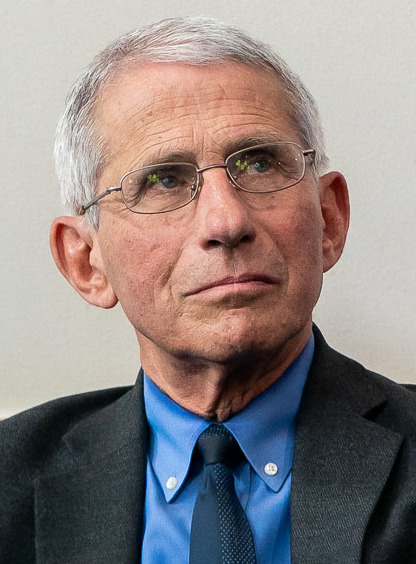The Religion of the Left
Those who demand we ‘govern with science’ understand neither science nor governance. Science is not some magical oracle that craps out solutions you blindly follow like some retarded lemming. Rather, it’s the process one follows in pursuit of information about the world that can then be used to craft solutions. Importantly, it’s a process that requires QUESTIONING EVERYTHING – not blindly deferring to the consensus opinion.

Furthermore, the information it does provide isn’t some revelation given on Mt. Sinai in final, perfect form. It comes in the form of data that can be misinterpreted by idiots, as proven on a near-daily basis by journalists. Even for those of us with a brain, it’s often difficult to make sense of. It’s not uncommon (or unreasonable) for experts to disagree* on how to interpret a given study’s results. There’s not always a consensus on what’s right and what’s wrong, but even where there is, that’s only step one.
From Science to Solutions
Pretend, for the sake of argument, that we actually have an issue like climate change where there’s broad scientific agreement as to the basic facts. All this tells us is the world is getting warmer due to CO2 emissions – it says nothing about what to do to solve it. Identifying a problem doesn’t necessarily offer solutions. After we have the science, we have to decide how to use it to craft policy solutions to the problem in question.
So, should we just, “Ask the experts”? Hell no. Experts are, by definition and design, very limited in their purview. They are people who know a whole lot about very little. Unfortunately, you can’t govern in siloes. Policies just don’t impact the area in question; rather, their impacts are spread across a variety of fields. Governing is about balancing interests – we’ve seen this in the past year as we’ve prioritized disease control at the expense of economics and education. Listening to an expert in one field often means ignoring experts in another.
The Politics Problem
Let’s pretend you have an issue where there’s consensus on the science and the solution – for example, that reducing carbon emissions is the best way to combat global warming**. You still face a couple of problems – notably, the fact that environmental regulations have an economic impact. Politics requires finding a balance between economic sacrifice and environmental protection. How, precisely, you strike this balance and what policies you use to do so are the questions politics is meant to solve. They don’t have answers that can be taken verbatim from some scientific tome.
Furthermore, you need to get everyone on board and compliant. It doesn’t do the US any good to cut carbon emissions if China turns around and increases theirs by an equal amount. The issue presents a ‘free rider’ problem in which every nation has an economic incentive to continue polluting while allowing other nations to bear the brunt of carbon reduction. This problem doesn’t go away by screaming “SCIENCE” repeatedly at the top of your lungs. Even if the science on any given issue is clear, you can always count on politics to screw the solution up.
A Word on Experts
It’s also important to note that these experts don’t come to their conclusions in a vacuum. Most of them work in academic environments – not exactly the most ideologically tolerant environments. Experts are people first and foremost – people who want to be accepted by their peers and thought of as experts. Their primary incentive is to preserve their status as an “expert” which usually means supporting the policies and opinions of the powers that be. Furthermore, once an “Alpha-expert” has spoken, any dissenting opinion will be met with ridicule – and possibly demands for the heretic’s job.
Where they aren’t maintaining their status, they’re expanding it. Take Dr. Fauci. A year ago, very few in the country had heard of the man. Since then, he’s become a household name and one of the most influential people in the nation. Do you think he doesn’t like that power, that control? At some point, you have to ask how much of an expert’s advice is designed to increase their own importance, power, and profile as opposed to straightforward advice intended to guide policymakers.

Finally, experts often have direct conflicts. Experts are experts because they work in a certain field – they often have built-in interests. Most military experts come from the military. Environmental experts become environmental experts because they care disproportionately about environmental issues. Hell, teacher’s unions can be considered education experts if you want. The point is not that experts are bad. Rather, it’s that expert advice should be one of a number of factors going into policy decisions rather than something we blindly follow.
Disclaimer
None of this is intended to dismiss science’s critical role in the policy-making process or to insult experts (well, maybe some of them). Rather, it’s to put expert advice – often portrayed in the media as edicts sent from above – into perspective. It’s also to argue that ‘govern with science’ essentially means ‘obey without question’ and is used to avoid debate in favor of bullying, insults, and mockery.
*And all this is assuming the study was designed properly and that data has been confirmed through replication – both of which are major issues worthy of their own article
**For the record, population control and reduction is the BEST solution and also demonstrates this political problem – despite its merits, it’s impossible to achieve without massive human rights violations







